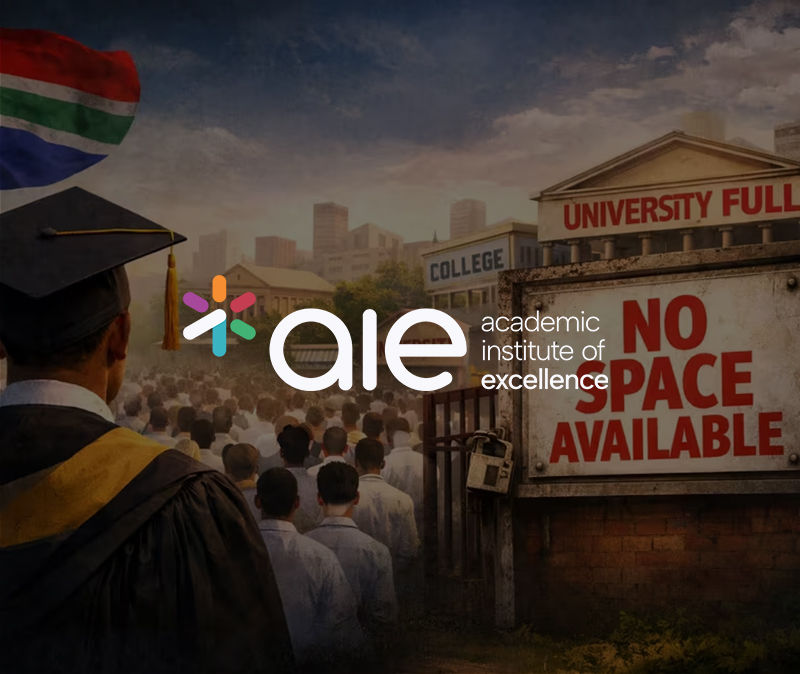SOUTH AFRICANS MUST TAKE OWNERSHIP OF THEIR OWN CIRCUMSTANCES TO SUCCEED
- PR Worx Admin
- Aug 23, 2019
- 4 min read
The National Employers’ Association of South Africa (NEASA) has challenged all South Africansto create the environment they envision instead of waiting on government to ensure aconducive climate. NEASA’s comments come as President Cyril Ramaphosa’s new cabinet meets for a two-day Lekgotla starting tomorrow to discuss key priorities. NEASA Chief Executive, Gerhard Papenfus:
‘Many South Africans are waiting for some sort of extraordinary intervention to save us fromour national predicament. Who will lead us to a better place, they wonder; while they sit and wait,’ says Papenfus.
Papenfus says despite reassurances by the President of a turnaround strategy, South Africans are sceptical to invest time and energy in rebuilding the economy:
‘South Africans say; we will invest and risk again as soon as business confidence is restored, when we feel welcome in the country, when the murder of our citizens stop, when South Africa is healed of racism, when corruption is rooted out, when crime in general is under control, the current self-defeating ‘Black Economic Empowerment’ arrangement is modified,when our labour laws become more business friendly, red tape is reduced, doing business is made easier - and many, many other good things are done.’
Papenfus points out, however, that the real question is; what are South Africans going to do if this ideal environment does not come to bear, which is very likely, at least not very soon. Hesays that the truth is, while business wait for ‘them’- government - to change thecircumstances, circumstances wait for ‘us’ – all South Africans - to change them.
‘This life presents us with two options. We can wait for others to shape our world according to our world view, and then blame ‘them’ if ‘they’ don’t. We can remain adamant that it is ‘their’ responsibility, after all. It is just unfortunate if ‘they’ don’t get it right. In the meantime, just don’t expect of ‘us’ to give it our all while everything is just not right - and ‘right’ is measured againstour criteria of the perfect world. Be reminded that choosing this option is choosing the life of a victim.’
Papenfus says the alternative is for South Africans not to wait on government but to take ownership of their own immediate area of influence.
‘It is time to take responsibility for the task I am called for, to be the solution I long for; torealise that this life is a gift, that I must ‘play’ with the hand I was dealt, to live life to its fullest,and not waste it as a result of my misplaced expectations of what this life owes me, or as aresult of my fears and my hesitations. If I don’t, one day I will look back to today and wish Icould redo it, realising that my fears and hesitations, my consequent withdrawal, was a big mistake. Looking back, I may come to the shocking realisation that what I saw as obstacles,and used as excuses, were actually opportunities.’
Papenfus says a number of obstacles hamper government’s quest to revive the economy andensure a complete turnaround in key areas of government. He says the recent internal squabble in the ANC over the mandate of the Reserve Bank, as well as the very contentious issue of land reform, illustrates how deeply divided the ANC is.
‘With the exception of a few critical positions, the President’s composition of his cabinetillustrates that he does not have a free hand. In the absence of a noteworthy opposition, the ANC has become its own opposition. Therefore, apart from steering South Africa towards a better future, the President must also keep the ANC from going to war with itself. This could beextremely detrimental to the country and important economic goals.’ Papenfus said.Papenfus says the dismal state of state owned enterprises such as Eskom and South African Airways also remain a concern. Last week SAA requested another R4.8 billion bailout to remain afloat.
‘Eskom stands out as a millstone around our neck. It is often said that Eskom is too big to fail, but ratings agency Standard & Poor warns that it may well be ‘too big to support’. Surely, thesame applies to SAA. In fact, all State Owned Enterprises - and there may be an exception -are similarly dysfunctional.’
Papenfus says it is imperative that government take warnings by rating agencies seriously.Ratings agencies such as Moody’s have warned of further downgrades unless bold action is taken to kick start the economy. Papenfus says he is convinced that the President is taking these warnings seriously, however, whether there is sufficient political courage and political reserves to take action, remain to be seen.
‘The President needs time, but does South Africa have that luxury? The rot is being exposed in the Zondo Commission. Justice has to take its course - and that was always going to be a very slow process. The President has dismissed the previous South African Revenue Services (SARS) boss and appointed a new head of the National Prosecuting Authority (NPA).However, South Africans are not sympathetic towards the President’s very unenviable task.For them the pace of renewal is far too slow. They want much more to be done, and to be done now.
Papenfus says taking into account the extent of the country’s challenges, the onus therefore lies with all South Africans ‘to be the change’.
‘If I wish to exit this world with a legacy, I have to choose to live this life as if it owes me nothing. I need to live as if I owe this life, this once-off opportunity, all my talents, abilities and resources - and not within the context of circumstances that I choose, but within the context of whatever form life presents itself to me. Where wickedness abounds, there is even more reason to do good, to build, to plant, to employ, to expand, to repair, to clean - and to do that without ceasing.’
______________ NEASA was established more than 23 years ago and is one of the largest employers’ organisations in the country, representing more than 10 000 business members, the majority SMMEs.




Comments